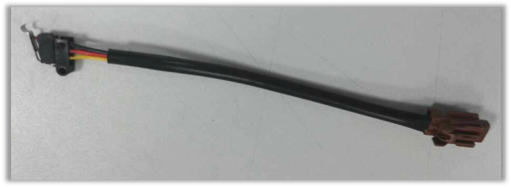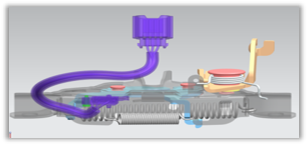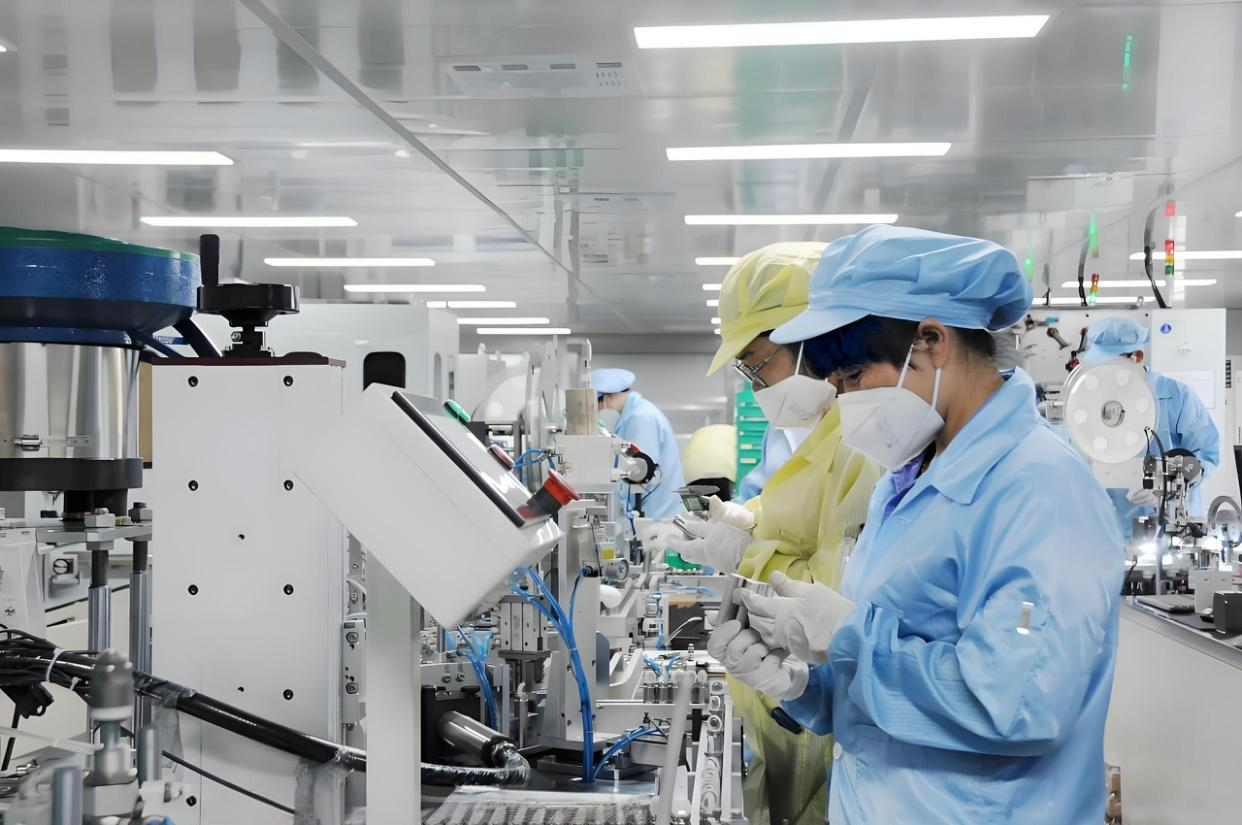Overview
Technical Specifications:
Technical Specifications:
Electrical Characteristics:
· Rated Load: 12VDC 1A
· Contact Resistance: ≤50mΩ (initial value)
· Insulation Resistance: ≥100MΩ (500VDC)
Mechanical Characteristics:
· Operating Force: 1.5N ± 0.3N
· Travel: 0.5mm ± 0.1mm
· Mechanical Life: ≥50,000 cycles
Environmental Adaptability:
· Operating Temperature Range: -40°C to +125°C
· Protection Rating: IP67
· Salt spray test: 96 hours with no abnormalities
Quality control:
Complies with the IATF 16949 quality management system
100% online testing:
· Contact resistance test
· Insulation withstand voltage test (500 VAC/1 s)
· Operating characteristic test
Batch traceability management system



Project achievements:
Production qualification rate: ≥ 99.8%
Market defect rate: < 30 PPM
Cumulative global vehicle installations for supporting models: over 500,000 units
Advantages
-
01Outstanding environmental adaptabilityThe wide temperature range operation performance (-40℃~125℃) ensures reliability in extreme climates; The IP67 protection level design effectively resists dust and moisture erosion; Passed the 96-hour salt spray test, with excellent corrosion resistance; The vibration and shock test complies with the ISO 16750-3 automotive electronics standard.
-
02Military-grade reliability designThe dual-contact redundant architecture enhances the fault safety level; The self-cleaning contact structure eliminates contact failure caused by oxidation; The 50,000 mechanical life exceeds the industry standard by 30%; The stainless steel spring-clip mechanism ensures long-term operational consistency.
-
03Precision manufacturing quality assuranceThe fully automated production line ensures a dimensional accuracy of ±0.01mm; 100% online inspection covers 12 key parameters; The IATF 16949 system controls the quality of the entire production process; The batch traceability system enables full lifecycle management.
-
04Compliance certification of the entire vehicle manufacturing plantThe complete PPAP file package has passed the Nissan ES standard review; A reliability verification report was issued by a third-party laboratory; The defect rate of mass-produced products is less than 30 PPM; The supporting global platform models have undergone over 5 million units of empirical testing.

